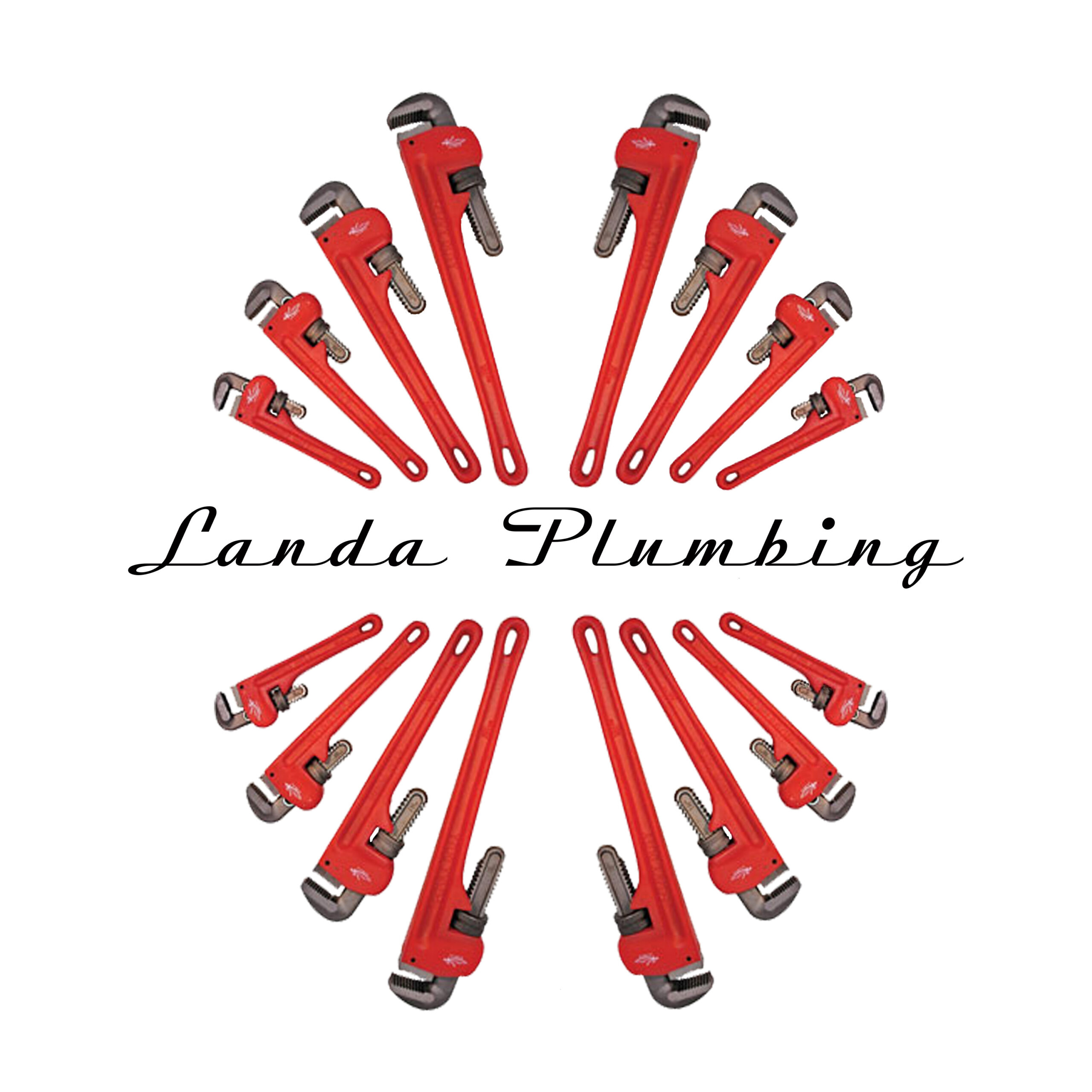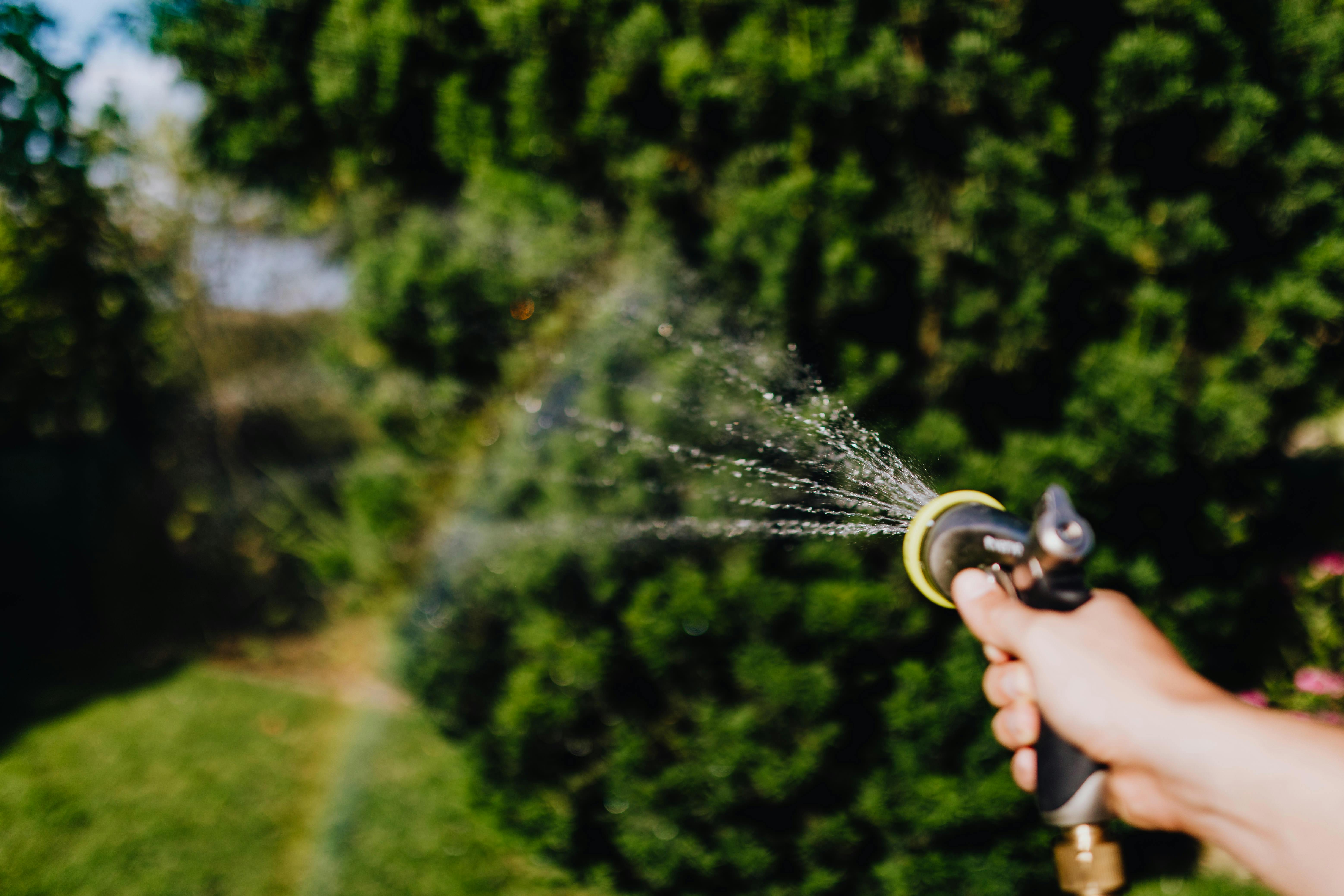Summer’s arrival often coincides with increased water usage in our homes. Whether it’s keeping cool with long showers or giving extra water to the lawn, the strain on our plumbing systems intensifies during this season. Proactive maintenance is key to preventing unexpected plumbing problems from disrupting your summer fun.
This blog post will serve as your ultimate summer plumbing maintenance checklist, ensuring your pipes are in top shape for the entire season.
Essential Indoor Summer Plumbing Checklist
Summer’s increased water usage can expose weaknesses in your plumbing system, so proactive maintenance is crucial.
Let’s delve into the essential checks you should perform in each key area of your home:
Kitchen:
- Garbage Disposal: Food scraps and grease can build up over time, causing clogs and unpleasant odors. To maintain smooth operation:
- Grind Regularly: Run the disposal with cold water for short bursts while grinding citrus peels or ice cubes to help sharpen the blades.
- Avoid Tough Items: Don’t put bones, coffee grounds, or fibrous materials like banana peels down the disposal, as they can clog the system.
- Check for Leaks: Look for any signs of moisture under the sink or around the disposal unit itself. A leak indicates a potential problem that needs to be addressed to prevent water damage.
- Test Functionality: Run cold water while activating the disposal. Listen for any unusual noises or grinding sounds that could signal dull blades or internal damage.
- Faucets: Leaky faucets are a common problem and can waste a significant amount of water. Here’s how to inspect them:
- Visual Inspection: Look for any visible signs of water damage around the base of the faucet or on the countertop.
- Leak Detection: Tighten any loose handles or faucet nuts with a wrench. Turn off the water supply and remove the handle to replace a worn-out washer or cartridge if needed.
- Drip Check: Even a small drip can waste gallons of water over time. Turn off the faucet completely and see if any drips appear. If so, replace the aerator at the faucet spout, a simple and inexpensive fix.
- Dishwasher Supply Line: This hidden hose connects your dishwasher to the water supply valve. Here’s how to ensure its integrity:
- Visual Inspection: Locate the supply line under the sink behind the dishwasher. Look for any signs of cracking, bulging, or rust on the hose itself or at the connection points.
- Accessibility Tip: If possible, pull the dishwasher slightly forward to gain better access to the supply line.
- Replacement: If you notice any signs of wear and tear, consider replacing the hose with a braided stainless steel option for increased durability.
Bathroom:
- Showerhead: Hard water deposits and mineral buildup can restrict water flow and create an uneven spray pattern. Here’s how to keep your showerhead functioning optimally:
- Cleaning: Unscrew the showerhead and soak it in a vinegar solution for several hours to dissolve mineral buildup. You can also use a toothbrush to scrub away any stubborn deposits.
- Leak Check: While the showerhead is detached, check for leaks around the connection point to the pipe. Tighten any loose connections or replace worn-out washers if necessary. It’s a good idea to ask a professional plumber for a leak assessment, too.
- Toilet: A properly functioning toilet is essential, and summer’s increased water usage can highlight any underlying issues. Here’s what to inspect:
- Leak Detection: Look for any signs of moisture around the base of the toilet, which could indicate a leak from the tank or bowl seal.
- Flapper Check: Inside the toilet tank, inspect the flapper valve for wear and tear. A damaged flapper can lead to leaks and inefficient flushing.
- Flush Test: Observe the toilet during a flush. A weak flush or one that doesn’t completely empty the bowl could indicate a problem with the flapper valve, fill valve, or clog in the drainpipe.
- Sink Faucets: Similar to kitchen faucets, perform the same checks for leaks, loose handles, and dripping issues.
Laundry Room:
- Washing Machine Hoses: These hidden hoses connect your washing machine to the hot and cold water supply lines. Here’s how to ensure their safety:
- Visual Inspection: Turn off the water supply valves and pull the washing machine out slightly to access the hoses. Look for any signs of cracking, bulging, or excessive wear on the hoses.
- Age Consideration: Washing machine hoses typically have a lifespan of 5-7 years. If your hoses are approaching that age or show any signs of deterioration, it’s best to replace them proactively to prevent a potential burst and water damage.
- Material Recommendation: Consider replacing your old hoses with braided stainless steel hoses, which are more durable and less prone to wear and tear.
By following these detailed checks in each area of your home, you can proactively ensure your plumbing system is ready to handle the demands of summer. Remember, early detection and maintenance can save you from unexpected headaches and costly repairs down the line.
Essential Outdoor Summer Plumbing Checklist
Summer often means increased outdoor water usage, so don’t neglect your home’s exterior plumbing.
Here are some key checks to ensure everything is functioning smoothly:
- Hose Bibs and Shut-Off Valves: These control the water flow to your outdoor faucets and spigots. Here’s how to maintain them:
- Functionality Test: Turn on the shut-off valve inside your home that supplies water to the outdoor hose bib. Then, go outside and turn on the hose bib itself. Check for proper water flow and any leaks around the connection points.
- Leak Detection: Even a small leak at the hose bib can waste a significant amount of water over time. Look for any signs of moisture around the base of the faucet or on the exterior wall.
- Sprinkler System: A well-maintained sprinkler system keeps your lawn lush and saves you time. Here’s how to ensure its smooth operation:
- Leak Inspection: Turn on your sprinkler system and walk the perimeter, visually inspecting for any leaks or sprinkler heads that aren’t functioning properly. Look for signs of water pooling or areas that are excessively wet, which could indicate a hidden leak underground.
- Broken Head Replacement: If you find any broken or clogged sprinkler heads, replace them with new ones to ensure even water distribution and prevent water waste.
- Adjustments: Depending on your system, you may want to adjust the sprinkler heads’ direction and spray patterns to optimize water usage and avoid overwatering or underwatering specific areas.
- Main Water Shut-Off Valve: Knowing the location of your main water shut-off valve is crucial in case of a plumbing emergency, such as a burst pipe. Here’s what you should do:
- Location Identification: Locate the main water shut-off valve, typically near the curb stop or where the water supply line enters your house. It might be located in the basement, crawl space, or near the foundation outside.
- Familiarity: Familiarize yourself with the valve type (lever handle, gate valve, etc.) and how to turn it off completely. This ensures you can quickly stop the water flow in case of a leak or plumbing issue.
By performing these simple checks on your outdoor plumbing system, you can avoid potential water waste, leaks, and even burst pipes during the summer months.
Tips for Preventing Summer Plumbing Problems
While proactive maintenance is key, here are some additional habits you can adopt to minimize the risk of summer plumbing problems:
Water Conservation Habits
Summer often means increased use of drains, so it’s crucial to prevent clogs. Here’s how:
- Grease Management: Never pour grease or cooking oil down the drain. Grease can solidify and cause clogs over time. Instead, let grease cool and solidify in a container before discarding it in the trash.
- Food Scraps: Avoid putting food scraps down the drain, especially fibrous materials like coffee grounds, egg shells, or vegetable peels. Use a strainer over your sink drain to catch food particles and dispose of them in the compost or trash.
Monitor Water Pressure
High water pressure can put extra strain on your plumbing system and lead to leaks or burst pipes. Here’s what you can do:
- Pressure Gauge Check: If you don’t have a pressure gauge installed on your water supply line, consider having a plumber install one. It allows you to monitor your water pressure and identify any potential issues.
- Ideal Range: The ideal water pressure for your home typically falls between 40-80 psi (pounds per square inch). If your pressure is consistently above this range, a plumber can help adjust a pressure-reducing valve to safeguard your system.
Schedule Professional Drain Cleaning
Even with preventative measures, clogs can still occur. The best way to prevent them is:
- Regular Cleaning: Depending on your usage and frequency of clogs, consider scheduling professional drain cleaning every 1-2 years. This can help remove built-up debris and prevent future blockages.
- Early Intervention: If you experience slow drains or frequent clogs, don’t wait until there’s a complete blockage. Address the issue early by using a natural drain cleaner or contacting a plumber for professional cleaning.
Incorporating these tips into your summer routine can significantly reduce the risk of plumbing problems and ensure your system functions smoothly throughout the season.
Peace of Mind for a Smooth Summer
Summer is a season of fun, relaxation, and often, increased water usage in our homes. This surge in demand can expose weaknesses in your plumbing system, potentially leading to unexpected leaks, clogs, and disruptions to your summer fun. However, with a little proactive maintenance, you can ensure your plumbing is ready to handle the season’s demands.
By following the essential summer plumbing checks outlined in this blog post, you can identify and address potential problems before they become major headaches. Remember, a few simple steps now can save you time, money, and frustration down the line.
Keep Your Summer Flowing with Landa Plumbing
Don’t let a plumbing issue disrupt your summer plans! Take control and ensure your system is in top shape. For professional assistance with any of the recommended checks or plumbing concerns, contact Landa Plumbing today. Our experienced and reliable technicians are available 24/7 to address your needs and keep your summer flowing smoothly. Call us at (925) 291-6628 or fill out our contact form to schedule an appointment or learn more about our services.

